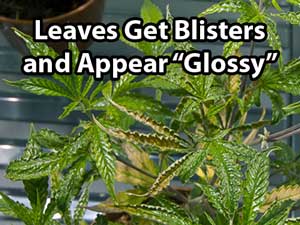Discovering the vectors of a plant’s pests and or issues are broken down into two basic categories Biotic, Abiotic, which are then further incorporated into a proactive and reactive procedures that makes up the doctrine of integrated pest management. The idea of adding standard operational procedures that protect and insulate a crops/plant health.
Abiotic: Plant issues that are derived from non-living physical and chemical sources in an environment.
- Water
- Air
- Sunlight
- Soil
- Minerals
- Mechanical/Physical
- Chemicals
Biotic: Plant issues that initially come from living organisms in an environment. These can be introduced and or are obtained from the biosphere.
- Animals
- Birds
- Plants
- Insects
- Fungi and other similar organisms; pathogens, bacteria… etc
Cultural Controls: The IPM practice using a broad set of techniques intended to manipulate the environment, crop and/or production system in order to reduce, control, avoid plant pest populations from causing damage to crop/plant.
- Destruction or provision of breeding or overwintering refugia
- Destruction or provision of alternate hosts or volunteer plants
- Crop rotation or maintenance of a host-free season
- Timing of planting or harvest
- Delayed planting
- Early harvest date
- Trap crops
- Sanitation
- Water or nutrient management
- Fertilization
- Physical barriers
- Border sprays
- Cold/Heat treatments
Mechanical/Physical Controls: The IPM practice of using abiotic techniques to kill a pest directly and or creating/removing environments unsuitable for pests to thrive in.
- Proper operational SOP’s centered around reducing transmission of pest vectors; entry flow and isolation to prevent sharing of pest issues
- Sweeping floors, cleaning benches
- Remove/Reduce pest breeding grounds
- Barriers to prevent/inhibit pest entry into the grow environment.
Biological Controls: The IPM practice of using abiotic/biotic vectors to kill, reduce, control and avoid plant pest in order to reduce damage to a plant/crop. Introducing products and or organisms to cause injury, death and or inhibit the life cycle of a pest.
- Predatory Insects, Organisms, Fungi’s, Bacteria
- Chemicals
- Insecticides
- Ovacides
- Growth inhibitors
- Reproductive inhibitors
- Determining types and sages of life of pest



